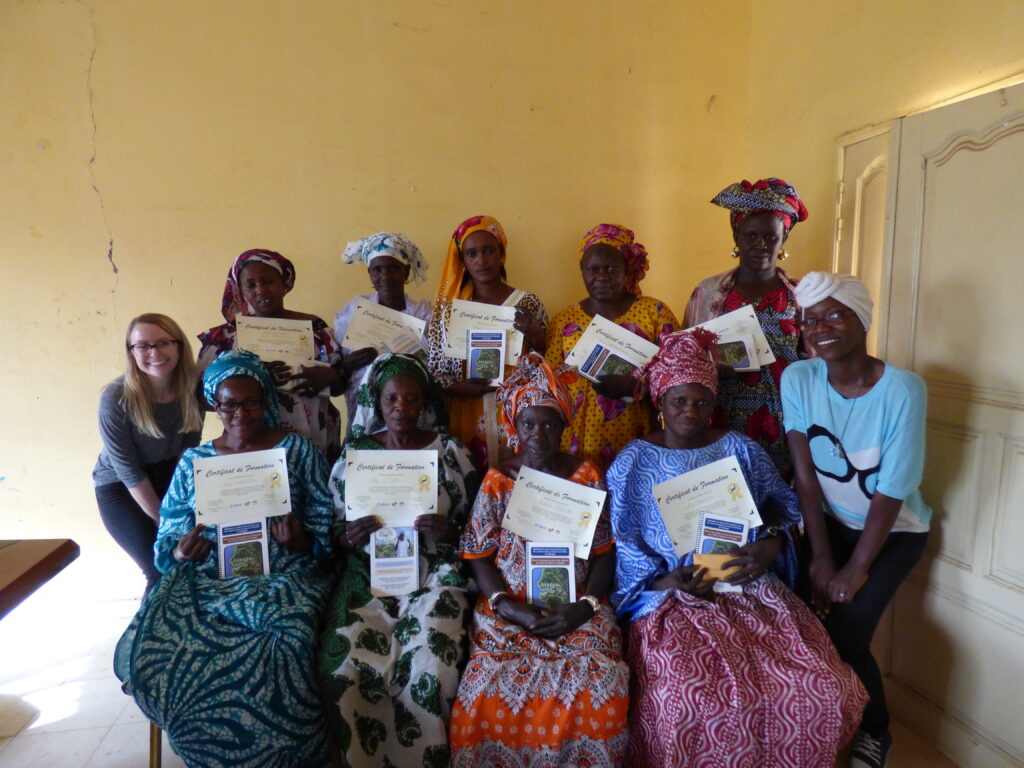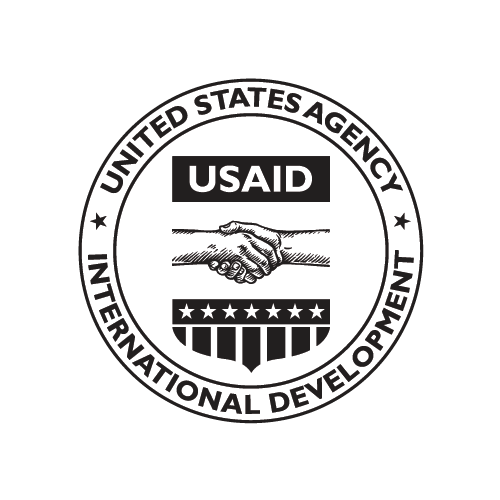Project overview
The Senegalese Grasshopper (Oedaleus senegalensis) is among the most severe pests of the Sahel. This species regularly attacks staple cereal crops which, combined with low soil fertility, reduces farmers’ resiliency and food security.
This project pilot introduced a sustainable methodology for locust management in the Kaffrine Region of Senegal: the use of locust biology to reduce crop damage. By leveraging research that illustrates strong soil-plant-locust interactions, this project proposes a novel long-term and community-based preventative strategy: setting up village-based soil amendment and locust monitoring programs to create environments unfavorable to locusts.
Project partners
- McGill University
- Senegal Plant Protection Agency (La Direction de la Protection des Végétaux)
- Gaston Berger University

